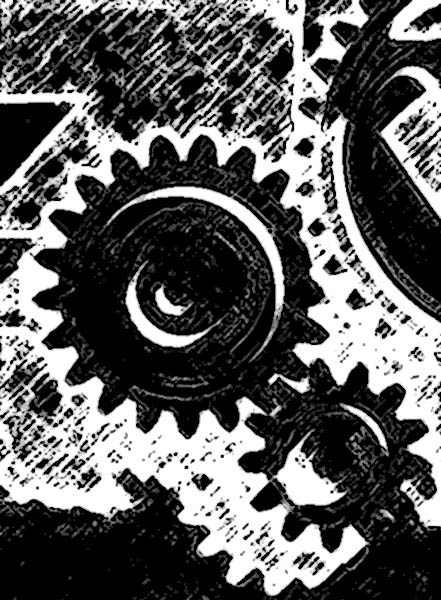|
|||||||||||||
|
is Part of the Whole
Individualism and Collectivism By Punkerslut
As a Socialist, many will argue how I can be an Individualist. If I believe in making things more public and more common, how can I also be a defender and believer of the individual? My personal belief is that only each person knows what is right for themselves. If they make an incorrect choice, only they can learn from it, and forcing them into the right path, even if you are sure it's the right path, will make them stubborn to it, instead of naturally accepting it out of their experiences. And it is the stubborn acceptor who will be the first to doubt, the first to exploit, the first to push and shove others around them; "This is how I was indoctrinated into the order, by something being put forcefully upon me! And so I shall do it to others around me! I have been the prey, and now I am the predator..." But the person to naturally accept something, because their reason and evidence compels them, will be thoughtful and logical. They'll be able to defend their belief in argument; they'll be able to expose deceit and promote virtue. They accepted it, after critically examining it. And it is this skeptical mind that will quickly point out the weaknesses and contradictions of opponents.
Whether it is a religious, social, cultural, or educational idea -- only the individual knows what is right for themselves. Pushing them into something runs the risk of making them stubborn to it, as well as the pusher being deceived in what would improve the individual. Only the individual is the best decision-maker in their own life. "If you believe so much in the value of the individual, how are you also a collectivist? How can you both believe in the meaning of the individual, and the meaning of the collective?" As an individualist, I believe that only each individual should make their own decisions. The individual should do what is in their best interest, according to their own reasoning and experience. And it is in the individual's best interest to abolish Capitalism!
Capitalism entails ownership of the majority of wealth by the few. This is its defining detail: that property is held and controlled by the few. For this reason, it operates and functions according only to the interests of the few. Through cooperation, businesses work together to raise prices and fix markets. Then there is always the constant opposition to workers' rights. Some of this exploitation is done through deliberate agreements; other times, it is done just through the general understanding that all rich corporations have with each other. That understanding is that they want to maintain their position on top of the rest of society. To sacrifice some of the gains from competition, they'll get the security of absolute domination over the market. What is available for purchase, what hours you work, what land and factories are used for, to what end society operates -- all of this are out of your possession. As an individual, it is in your interest to resist and change it. And as a collective, it is in the people's interest to change it. Only by organizing as a collective will we liberate the individual. This is the spirit of Anarcho-Syndicalism; and it is the perfect duality of individualism and collectivism.
Punkerslut,
|




